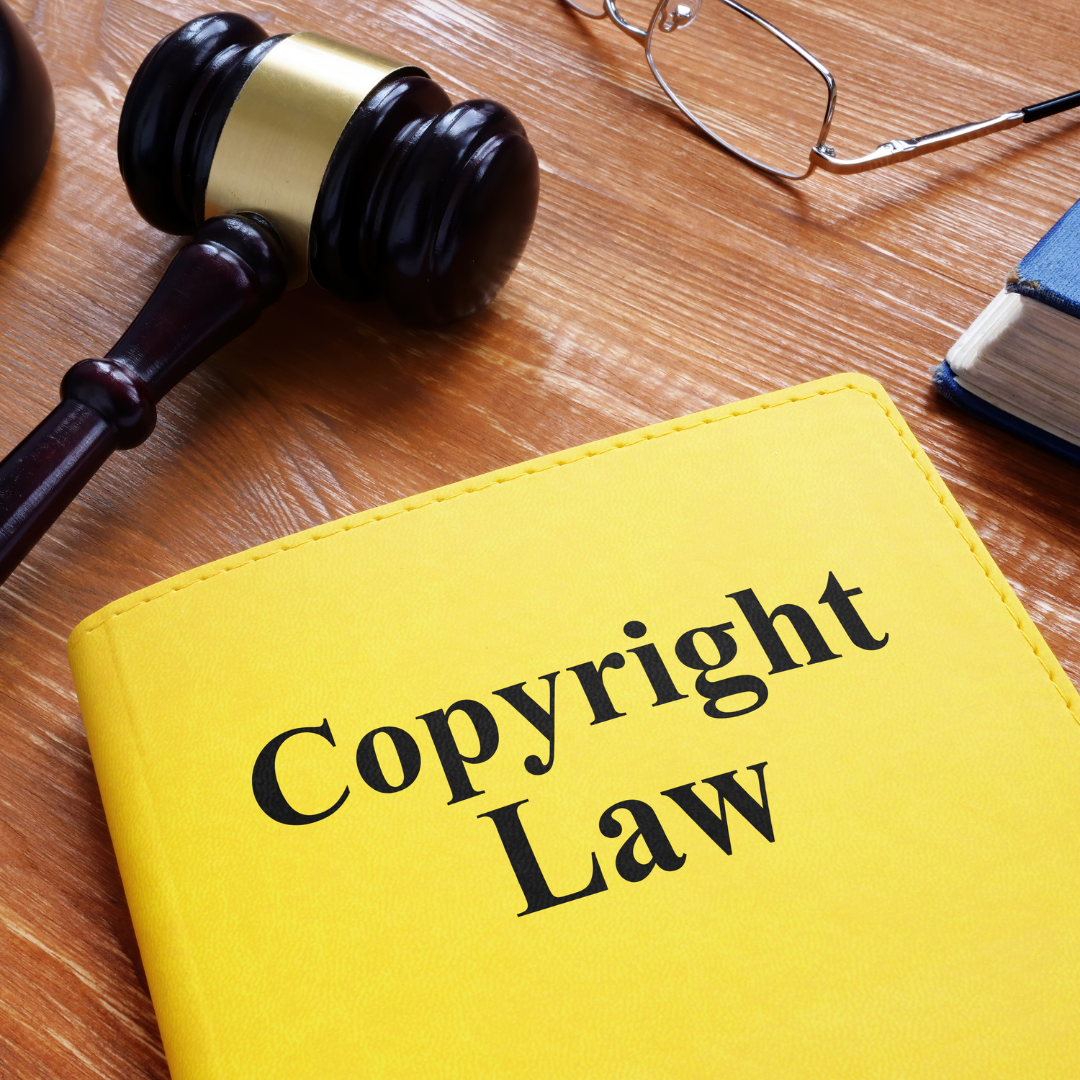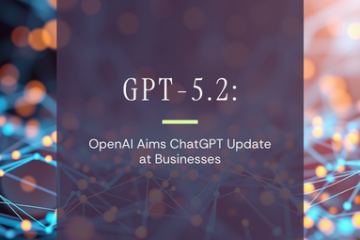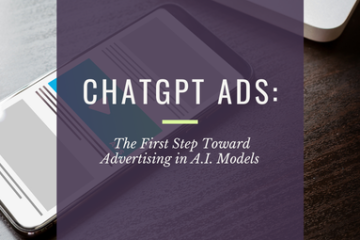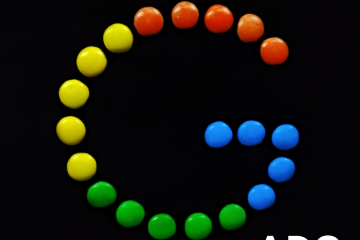
Business owners will be using generative A.I. more and more. Whether it is for podcasts, videos, images, or text, there is always something that A.I. can readily generate. However, the regulations regarding who owns A.I.’s content, especially in light of many A.I. companies training the A.I. tools on copyrighted products, is up in the air.
The Five Most Key Takeaways from This Blog Post
- Businesses will be able to generate a lot more content with generative-A.I. tools like OpenAI’s DALL-E and Google’s Imagen. However, that could come with potential copyright issues.
- The question of who owns the generated A.I. content is a big one. If it is not the company (and the companies have an incentive not to claim ownership, since many users want to use the generated content consequence-free), does it have to be the user? Or could it be neither? If the latter, then that means that businesses may see their generated content get stolen and copycatted by other companies, with no recourse to stop the copycatting.
- Courts may not rule in A.I. companies’ favor in cases surrounding whether using copyrighted content for A.I. training is “fair use” or not. If so, that could lead to a weakening of A.I. tools available to business owners.
- Another problem, which admittedly has something like edge-case status, is a business unknowingly generating content that is copyrighted. (For instance, a writer for The Verge was able to get Google’s image-generating A.I. to create a Sonic the Hedgehog. The problem here is that not all users may realize that an output could actually be or feature a copyrighted work.)
- Given the legal ambiguities, business owners would be wise to not go overboard in using A.I.-generated content in public-facing content that the business puts out.
Generative A.I. and Copyright
An emerging game-changer in many industries is generative A.I., which allows for businesses to use A.I. to enhance or create from scratch a piece of content in many different ways.
However, many of the A.I. companies that make such tools deal with copyright issues, specifically related to using copyrighted material in training data.
As of this writing, much is still up in the air as to who actually owns the copyright to content produced by A.I.
Detection of Infractions May Increase in Scale and Efficiency
Since we are on the topic of A.I., it is worth mentioning that A.I. can play a large role in reviewing content for copyright infringements.
Businesses should expect, then, that A.I. tools with computer-vision capabilities for “hearing” and “seeing” content will be able to quickly detect whether a given piece of content potentially violated copyright law.
The key takeaway here is that it will become less likely and less common for businesses to fly under the radar when using copyrighted material. Even obscure, low- or no-profit content can be the subject of an infraction.
Bonus: Beware the Myth of the “Ten-Second Rule”
And since we are on the topic of increased scrutiny in copyright infringement, it is worth dispelling a common myth that could get businesses in hot water.
Some people are under the false impression that copyright law only applies after ten seconds of playing, say, a copyrighted song.
Much of the time, the people who believe this are unlikely to get an infringement because the use of the copyrighted material is done for the sake of commentary or criticism. (For instance, a podcast that covers the music of a certain band, playing the songs and then commenting on the songs.)
To make things clear: using copyrighted material for less than ten seconds, without any fair-use justification, has no protections. Overall, an infringement is an infringement at any length.
Other Great GO AI Blog Posts
GO AI the blog offers a combination of information about, analysis of, and editorializing on A.I. technologies of interest to business owners, with especial focus on the impact this tech will have on commerce as a whole.
On a usual week, there are multiple GO AI blog posts going out. Here are some notable recent articles:
For Businesses and Other Organizations, What Makes a Successful Chatbot?
IBM Watson vs. ChatGPT vs. Gemini: How Will Each Affect Search Engines?
Using A.I. to Find Resources for Business Owners
How Would Restricting Open-Source A.I. Affect Business Owners?
The EU’s A.I. Act Has Become Law: The Implications for Business Owners (Especially American)
In addition to our GO AI blog, we also have a blog that offers important updates in the world of search engine optimization (SEO), with blog posts like “Google Ends Its Plan to End Third-Party Cookies”.





